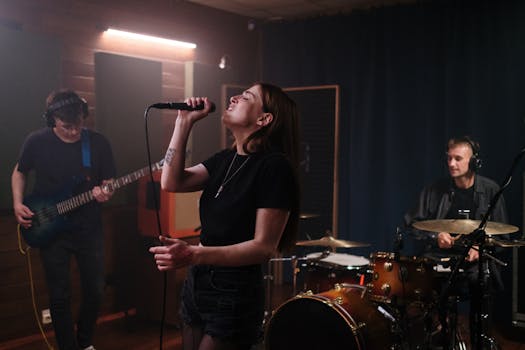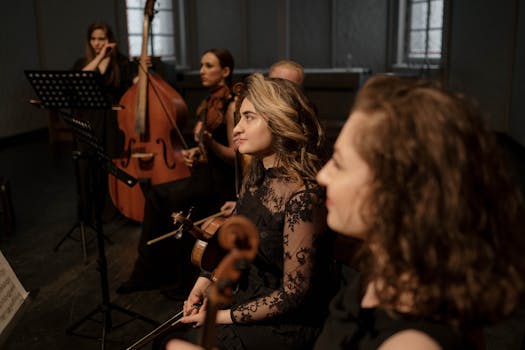Whatever your musical genre, you'll need a high level of musical skill and talent. Though you do not need a degree for all forms of music, in some fields it is expected, for example classical music.
You could study for a degree or postgraduate award in:
- classical music
- music composition
- music performance
- popular music
- popular and commercial music
You could do this at a university or a conservatoire. You'll usually specialise in one main instrument and study a second instrument.
Some music degrees focus more on music theory than performance, so research the courses carefully to make sure they're right for you.
At audition you'll usually be asked to perform several pieces of music of different styles. You'll also need to talk at your interview about your your artistic influences and your musical career aims.
Entry requirements
You'll usually need:
- 2 or 3 A levels including music, or equivalent qualifications
- grade 8 in your main instrument
- to pass an audition
- a degree in a relevant subject for postgraduate study





